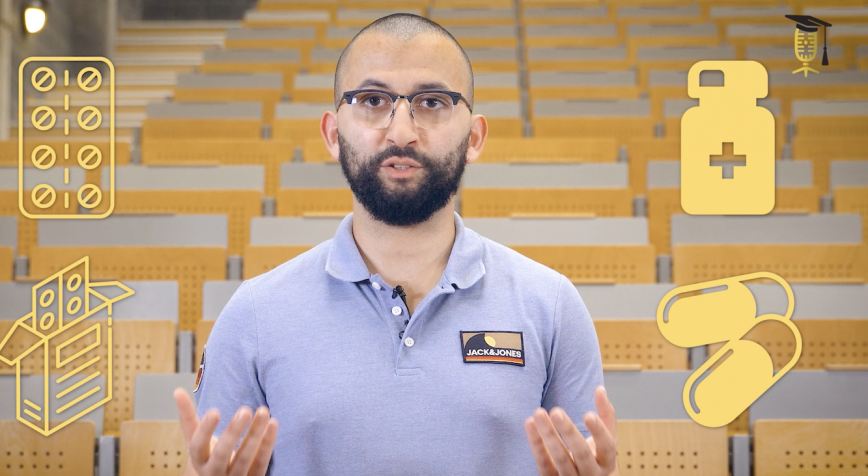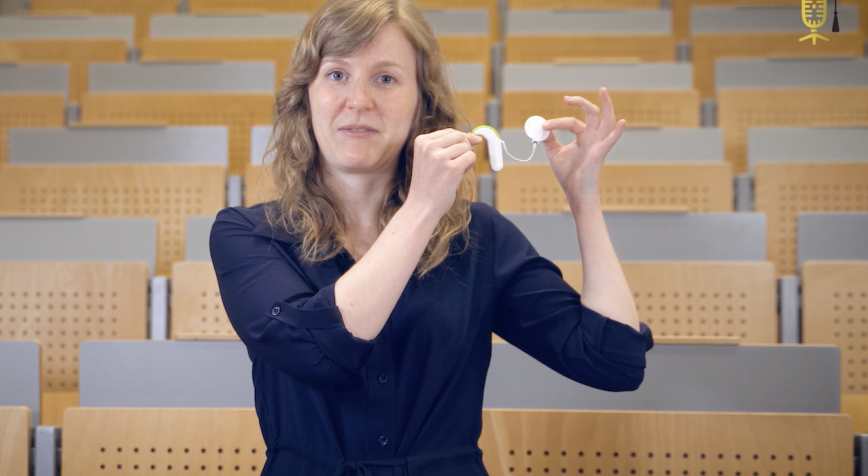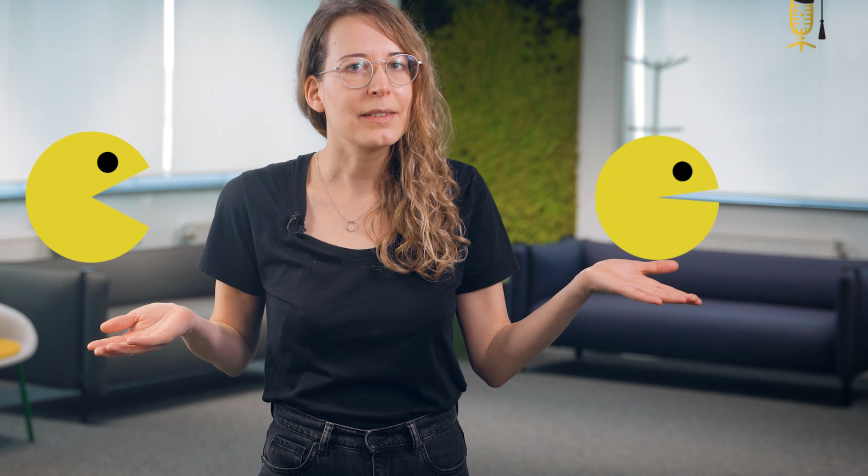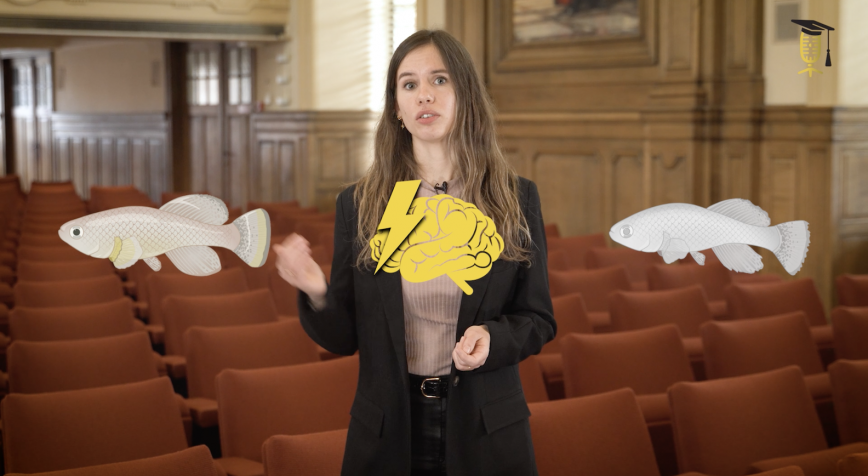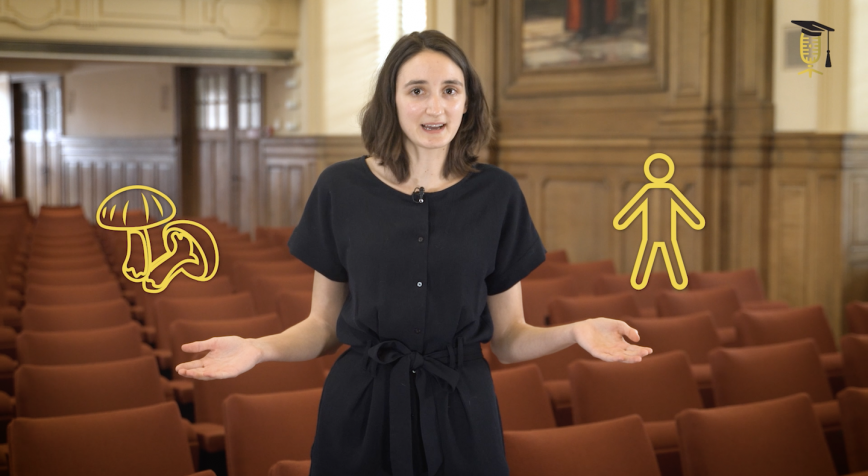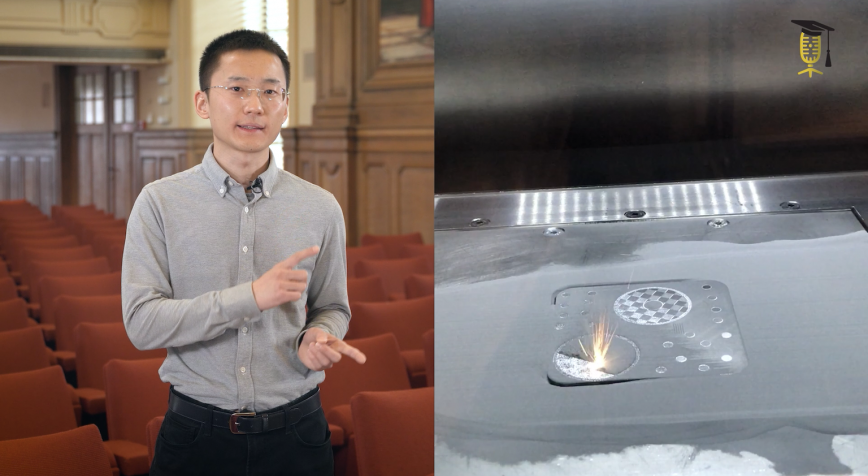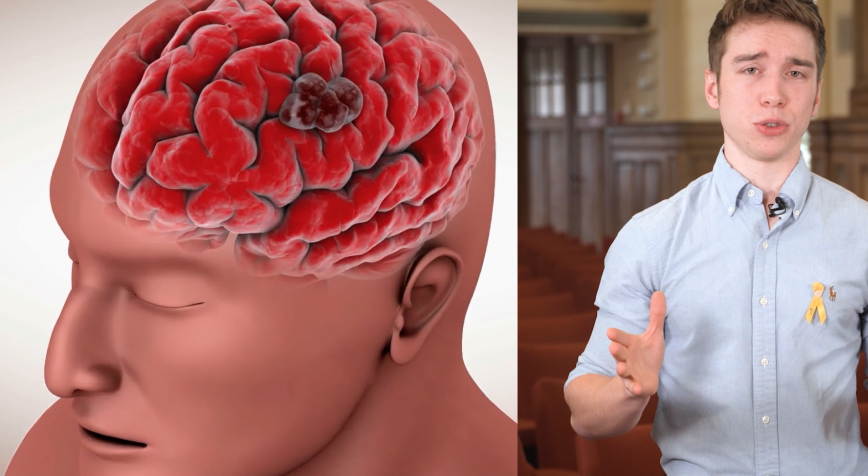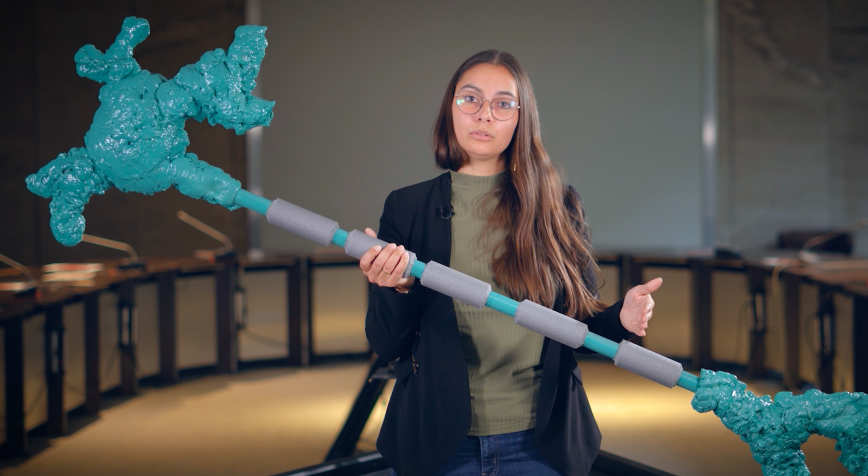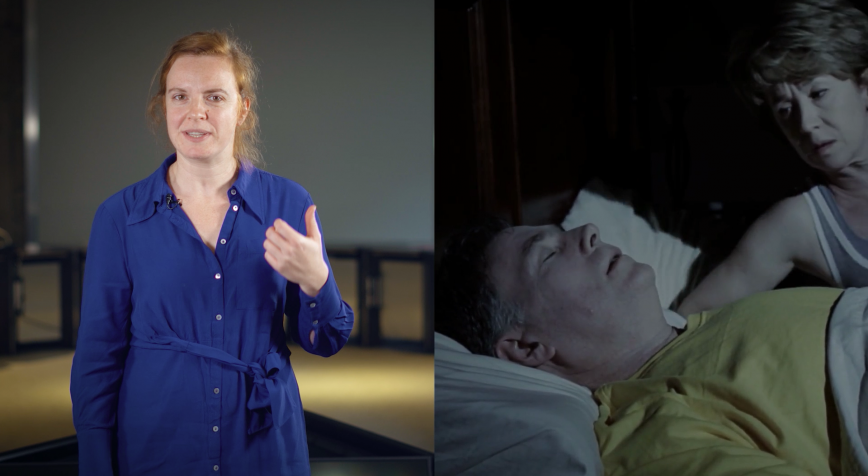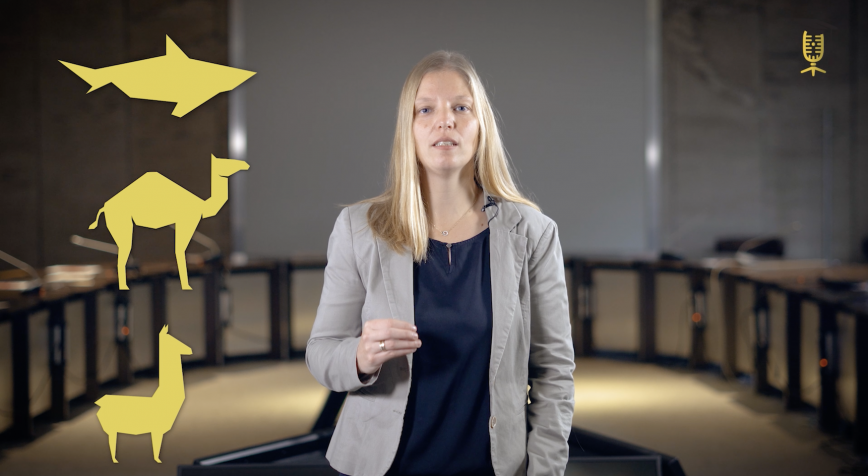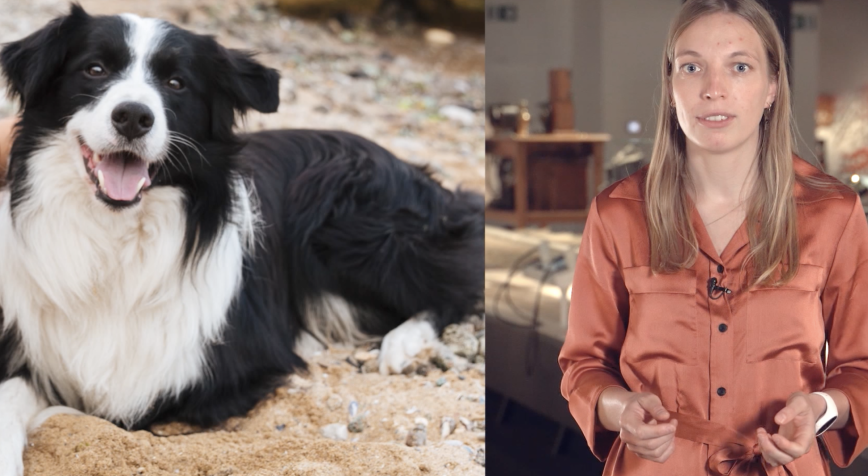
Google Maps in the brains of people with Alzheimer's
Did you know that the number of people with Alzheimer's disease is likely to triple by 2050? The good news is that for some years now, Alzheimer's research has been gaining momentum, thanks in part to innovative techniques. Lena Duchateau uses one such technique: in situ sequencing, or the Google Maps of the brain. She guides you through this in this video.
